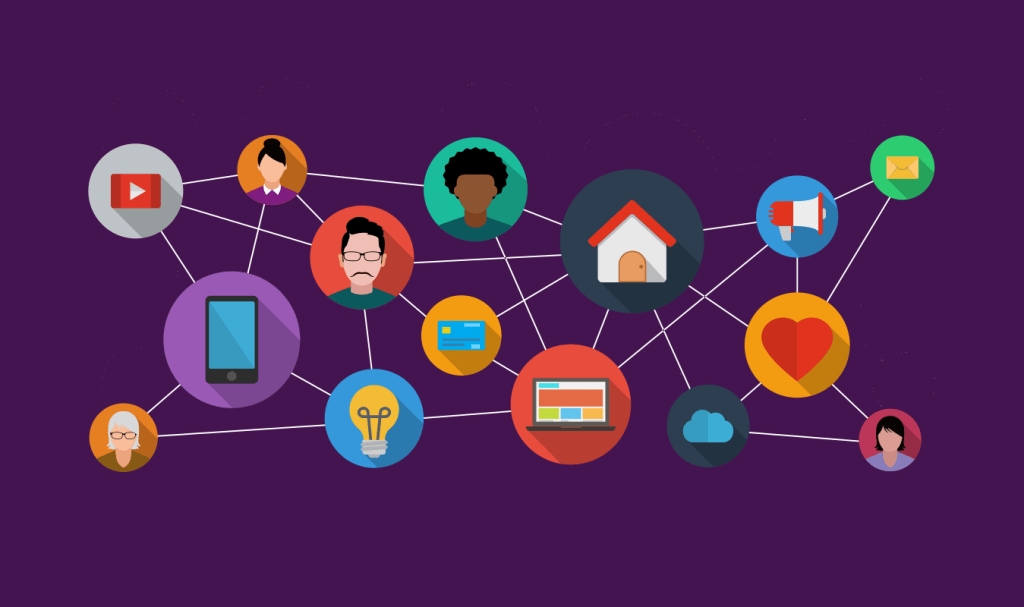Toolkit: What is Online Privacy?

Table of Contents
- Privacy and the Internet
- The Internet is Public and Permanent
- Privacy Preferences
- Build Your Toolkit
Privacy and the Internet
People define privacy in many ways, but one important aspect is controlling your personal information, or in other words, being able to choose who knows what about you. In a world where many of your activities are recorded, perfect privacy is unlikely. Chances are, you’re expected to use the Internet for your job or in your personal life. But even if you don’t go online, your activities are being tracked, recorded, and stored.
Whether a security camera tracks your progress through the mall, or your computer shares information about its identity when you visit a website, your activities leave footprints that others can follow. As a result, online privacy is a concern for everyone.
Whenever you conduct business or talk to a friend, you are sharing information, but chances are, you wouldn’t want just anybody to know that information. The key to managing privacy in the information age is understanding the current technology well enough to make informed choices about what information you share and who sees it. You don't have to be a computer expert everyone can learn some basic steps to better manage their privacy!
The Internet is Public and Permanent
Being online is like being in public: in both places, there is a good chance someone could be listening to your conversation. Whenever you use the Internet, your activities are recorded, usually permanently. Not only could someone find out about your activities today, they could discover them many years from now. And even if it is not seen by other humans, information about you will be collected, stored, and analyzed by computers. These computers may then make decisions about you in the future, such as what ads to show you or even whether your bank should extend you credit or even where you will be at a particular time.
Moreover, anyone can make unlimited copies of the records of your activities and then share those copies. On a daily basis, one post or another goes “viral” on the Internet: a video of a toddler arguing with his mother has over eight million views on YouTube, while the video of a teenager throwing a fit because he isn’t allowed to play World of Warcraft has over eightytwo million. These rather personal scenes have been seen by literally millions of strangers do you think that is what those individuals intended?
Privacy Preferences
People are comfortable with different levels of privacy in different aspects of their lives. Some want to keep their work and personal lives separate, while others want to avoid government monitoring or prevent corporations from using their data for profit. Some people want to restrict who sees their personal information as much as possible while on the other hand, some are not at all concerned about privacy and freely volunteer their information if it’s convenient or beneficial to them.
To maintain your own privacy and to respect the wishes of others, it’s important to think and talk about privacy preferences and to apply that thinking proactively when you use technology, for example by reviewing privacy settings. Knowing about how online information sharing works, and what the potential consequences can be, will help you make informed choices about privacy.
